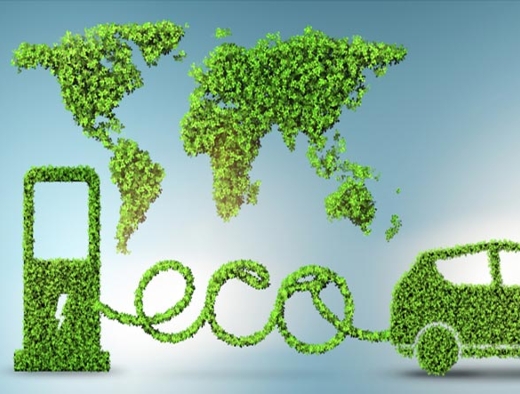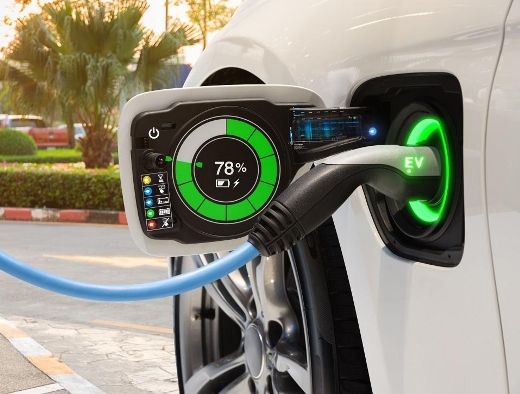23 March 2021
In the dynamic and rapidly evolving electric vehicle (EV) market, the connection between innovative products and effective marketing has never been more crucial. As manufacturers, startups, and established automotive giants alike vie for a share of the burgeoning EV space, the ability to communicate value, sustainability, and technology to potential customers stands as a pivotal differentiator. In this article, we delve into the strategies and insights that are shaping the marketing approaches in the EV industry, illustrating how businesses are not just selling vehicles, but a vision for a greener, more connected future.
Understanding the EV Consumer
The first step in connecting with the market is understanding the diverse landscape of EV consumers. From environmentally conscious buyers to tech-savvy enthusiasts and cost-effective commuters, the EV market encompasses a wide range of demographics. Tailoring marketing messages to address the specific concerns, values, and aspirations of these segments is key to resonating with potential customers. Market research, consumer surveys, and data analytics play crucial roles in uncovering these insights, enabling marketers to craft targeted campaigns that speak directly to the needs and desires of their audience.
Emphasizing Sustainability and Innovation
At the heart of the EV market is a growing demand for sustainable transportation solutions. Effective marketing strategies leverage this by highlighting the environmental benefits of EVs, such as reduced carbon emissions and decreased reliance on fossil fuels. However, the appeal of EVs extends beyond their green credentials. Innovations in battery technology, charging infrastructure, and in-vehicle features are also significant drawcards. Marketing campaigns that showcase these advancements, along with the tangible benefits they bring to the driving experience, can captivate a broader audience.
The Role of Digital Marketing
In an age where digital platforms dominate the consumer landscape, digital marketing has become a cornerstone of effective EV marketing strategies. Social media, email campaigns, and targeted online advertising offer powerful tools for engaging with potential buyers, providing education, and building communities around brands and products. Interactive content, such as virtual test drives and augmented reality experiences, can offer immersive ways for consumers to experience EVs, even before they step into a dealership.
Building Partnerships and Ecosystems
Recognizing that the transition to electric mobility involves more than just the vehicle, successful EV marketers are also highlighting the broader ecosystem of services and partnerships. This includes charging solutions, maintenance networks, and collaborations with energy providers and governments to enhance charging infrastructure. Marketing messages that communicate these partnerships provide reassurance to potential buyers about the practicality and support available for EV ownership, addressing one of the significant barriers to adoption.
Storytelling and Brand Building
In the competitive EV market, storytelling and brand building are potent tools. By crafting narratives that align with consumer values and aspirations, companies can connect on a more personal level, building trust and loyalty. Stories of innovation, commitment to sustainability, and visions of a cleaner future resonate with consumers looking to make a positive impact with their purchasing decisions. Effective storytelling not only sells a product but also invites consumers to be part of a movement towards a more sustainable future.
Conclusion: Driving Forward with Connected Marketing
As the EV market continues to grow, the intersection of innovative products and strategic marketing becomes increasingly critical. By understanding the diverse needs of EV consumers, emphasizing sustainability and innovation, leveraging digital platforms, building partnerships, and engaging in storytelling, businesses can connect more effectively with their audience. In doing so, they're not just marketing a vehicle; they're inviting consumers to join a journey towards a greener, more connected world. The future of the EV market is bright, and through connected marketing, businesses have the opportunity to lead the charge towards a sustainable automotive landscape.
....
Read More







